The True Holocaust. Remembering the Armenian, Assyrian and Greek Genocides by the Turks / Jews (Synagogue of Satan)
On 7 February 2024 the NSW Legislative Council considered a motion on genocide prevention.
Introduced by Liberal Party opposition Whip, the Hon Chris Rath, the motion called for the Upper House to acknowledge that 9 December 2023 marked the seventy-fifth anniversary of the adoption of the UN Convention on the Prevention and Punishment of the Crime of Genocide and to honour the primary initiator of the convention, Dr Raphael Lemkin, who had been influenced by his studies of the Armenian Genocide and Jewish Holocaust.
The motion, according to Mr Rath, also called for the expansion of Holocaust genocide education, with the mandatory inclusion of the Armenian, Assyrian and Greek genocides in the curriculum, and the establishment of a genocide museum to create awareness about these genocides.
Approximately 1.5 million Armenians, 300,000 Assyrians, and 350,000 to 500,000 Greeks (including Pontic Greeks) were killed during the genocides committed by the Ottoman and Republican Turkish authorities in the early 20th Century.
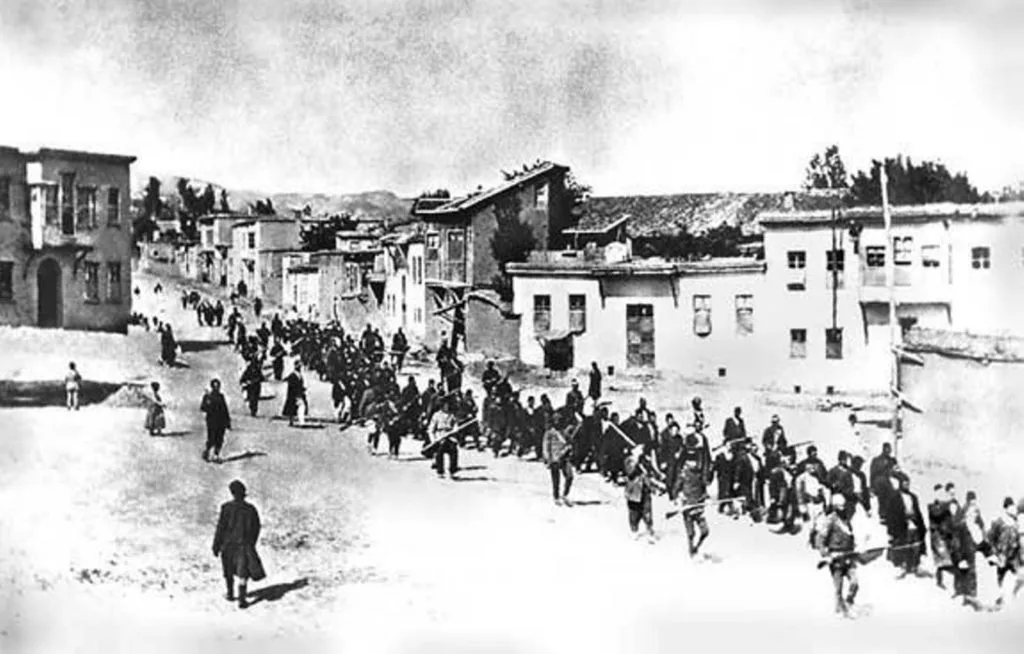
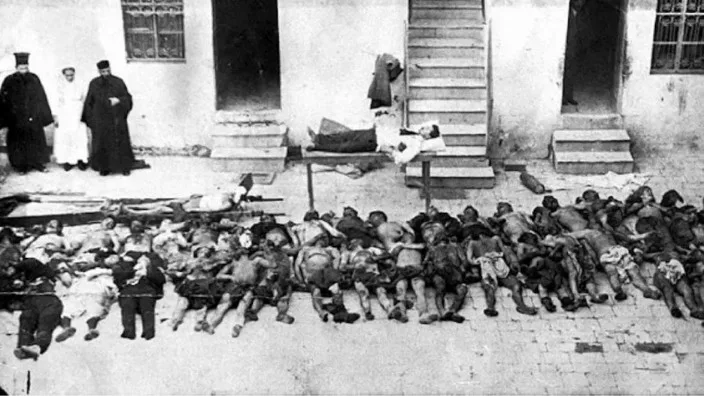
A number of parliamentarians rose to speak to this important motion which received cross-party support.
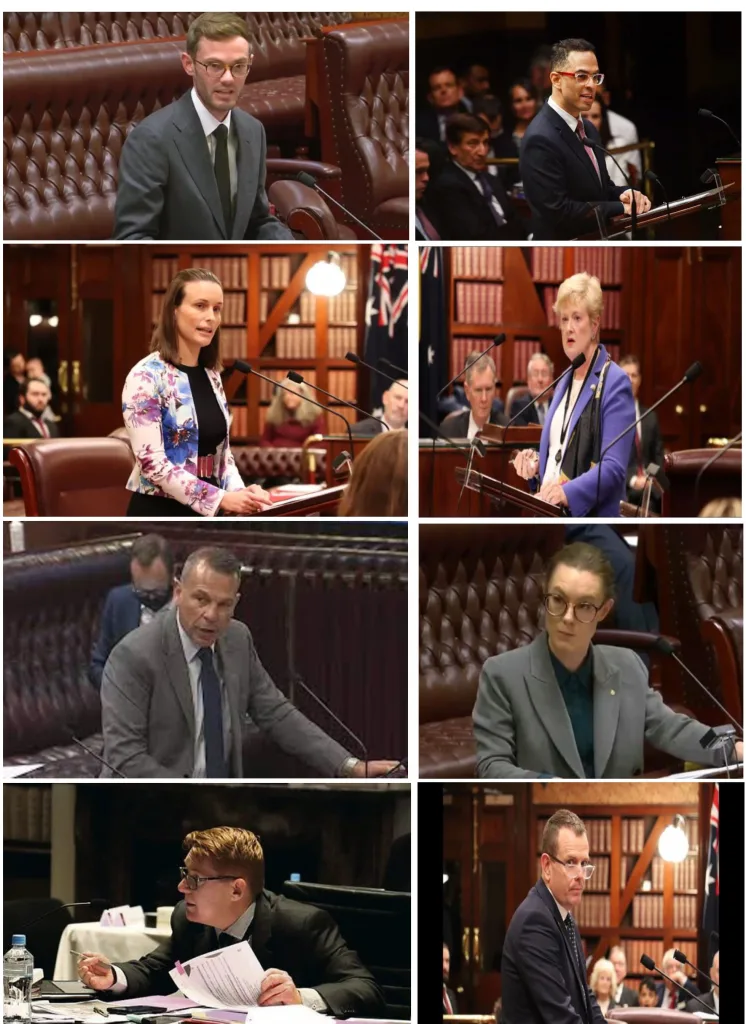
The State Treasurer, the Hon Daniel Mookhey, confirmed that the NSW Government supports the motion and reminded the House that the Convention on the Prevention and Punishment of the Crime of Genocide which was passed by the United Nations on 9 December 1948, was the first human rights treaty in the history of the UN.
Mr Mookhey recalled that the genocide convention was created as a way in which to hold the Nazis accountable for their actions and equally to establish the principle that those who commit the crime of genocide will be held to account by the international community.
The Treasurer informed the House that the NSW Education Standards Authority is currently consulting about the new history syllabuses, including updated context for the Holocaust and acknowledging other forms of genocide. He also noted that First Nations people are campaigning for an updated version of the teaching curriculum to properly reflect the history and experiences of First Nations people following the arrival of the British.
Mr Mookhey concluded:
“Lots of people in the community are the victims of genocide or the descendants of victims of genocide … It is so important that we make sure we do not forget that history and that, again, we commemorate how great an achievement it was to establish the Convention on the Prevention and Punishment of the Crime of Genocide.”
Dr Amanda Cohn of the NSW Greens reminded the House that according to the Lemkin Institute for Genocide Prevention, a United States‑based NGO named in honour of Raphael Lemkin:
“Genocide is a crime in international law and is a permanent moral wound on the body of humanity. There is never a justification for perpetration of this crime.”
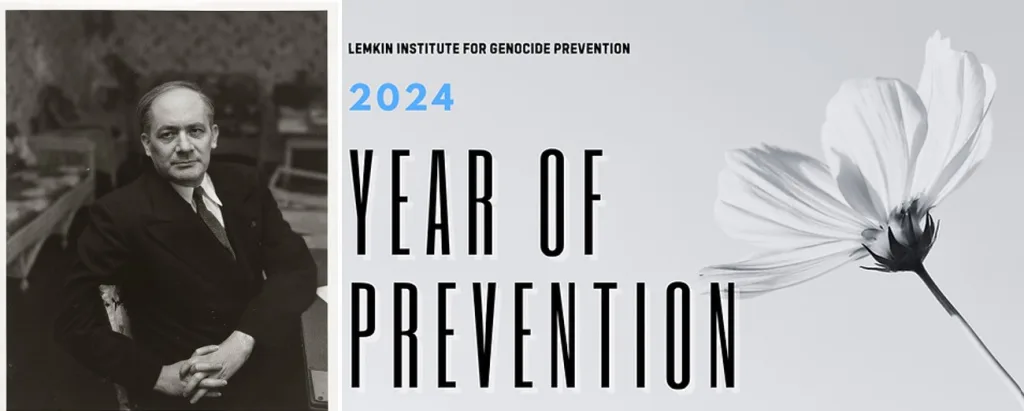
As the granddaughter of Holocaust refugees, Dr Cohn stated that the recognition of the Armenian genocide is important for not just Armenians, but “all of us”. The Greens MP declared that this issue is not only one of principle but one that is personal for her and her family because formal recognition and remembrance of genocide, as well as education, are critical for healing and to ensure that genocide never happens again.
Dr Cohn also instanced the cases of other genocides, including the Rwandan and Tamil genocides, in the context of truth-telling today and pointed out that genocide is not just historical since everyone should be making an active effort to prevent it.
Finally, the Greens parliamentarian observed that the Lemkin Institute issues active genocide alerts when developments occur that it believes show clear signs of genocide in process and cited recent alerts issued regarding the Amhara and Tigray regions of Ethiopia, Sudan, Artsakh (the expulsion of the indigenous Armenian population by Azerbaijan forces) and, most recently, Palestine.
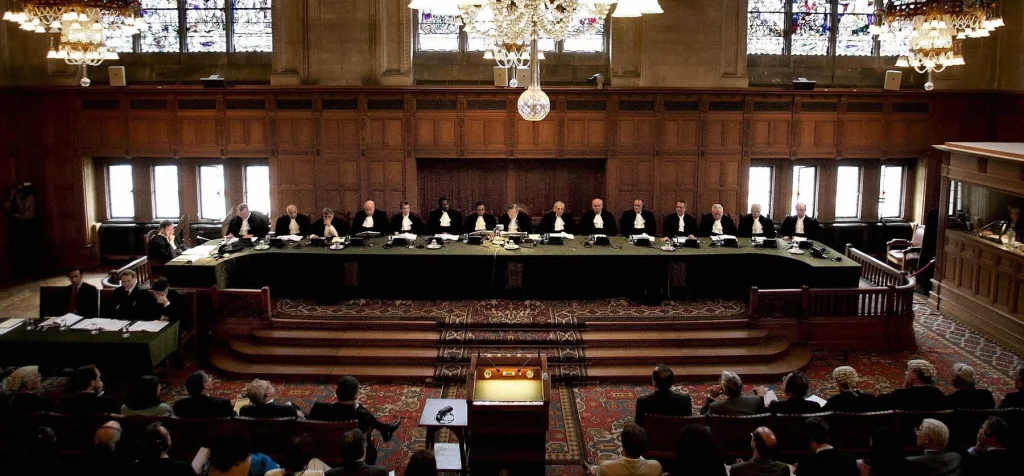
In relation to the current conflict in the Middle East, Dr Cohn also referred to the recent decision of the International Court of Justice (ICJ]) which ruled that some acts committed by Israel in Gaza appear to be capable of falling within the provisions of the genocide convention.
Dr Cohn reminded the House that the ICJ has ordered Israel to refrain from any acts that could fall under the genocide convention, ensure its troops commit no genocidal acts in Gaza, prevent and punish any incitement to commit genocide against Palestinians in Gaza, preserve evidence related to any allegations of genocide, and improve the humanitarian situation for Palestinian civilians, as well as calling on Hamas and other armed groups to immediately release hostages without conditions.
In conclusion, Dr Cohn stated that in the context of the UN Convention on genocide, Australia has responsibilities to prevent genocide in Gaza. “Never again” means never again for anyone.
The Hon. Susan Carter, the Shadow Assistant Minister for Attorney General in the Liberal Party, noted that “Genocide” is a word which should be said slowly to give the mind a chance to catch up and understand the enormity of this concept. She added that one cannot visit the Holocaust memorial at Yad Vashem in Jerusalem or the genocide memorial at Swallow’s Fortress in Yerevan without being overwhelmed at the sad and senseless loss of life, at the evil which drove this, and at the indifference of others who looked the other way or allowed it to occur.
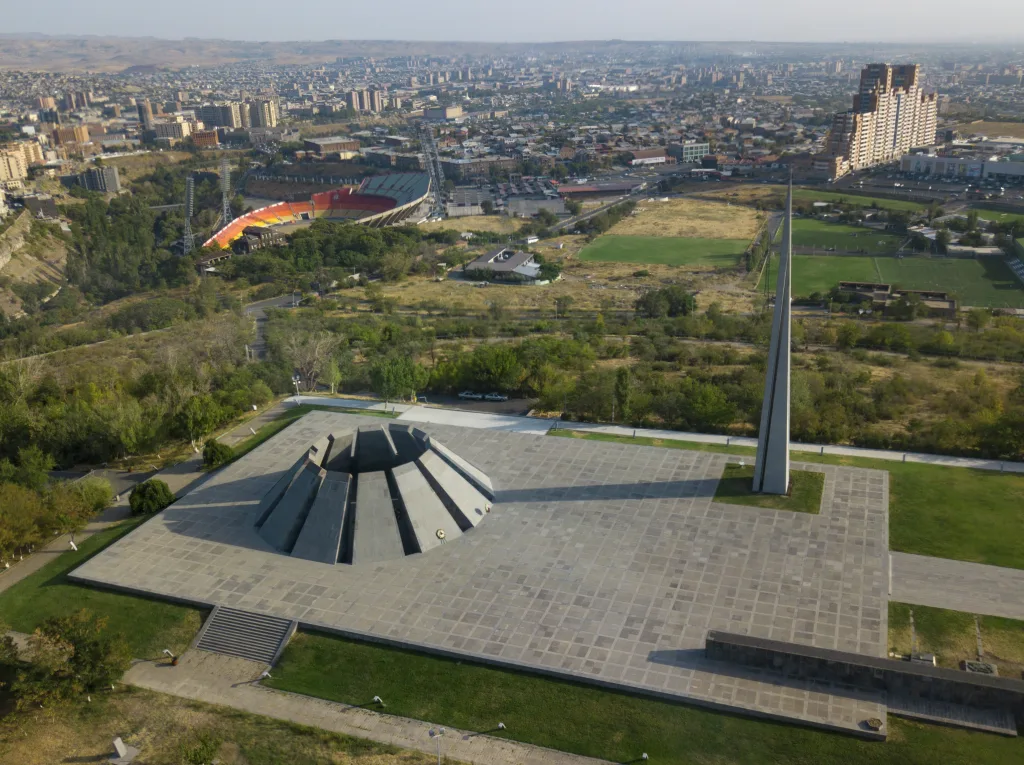
Ms Carter ended:
“We need to speak of this annihilation, because if we do not name evil, acknowledge that evil has occurred, and teach our children to eschew evil, history teaches us we will repeat it.”
The Hon. Mark Buttigieg, Parliamentary Secretary for Industrial Relations, Work Health and Safety, and Multiculturalism, informed the House that UN Convention on Genocide was passed just prior to the adoption of the Universal Declaration of Human Rights and noted that the Chifley Labor Government, and Foreign Minister H. V. Evatt specifically, were hugely significant in the passage of both the Universal Declaration and the Genocide Convention.
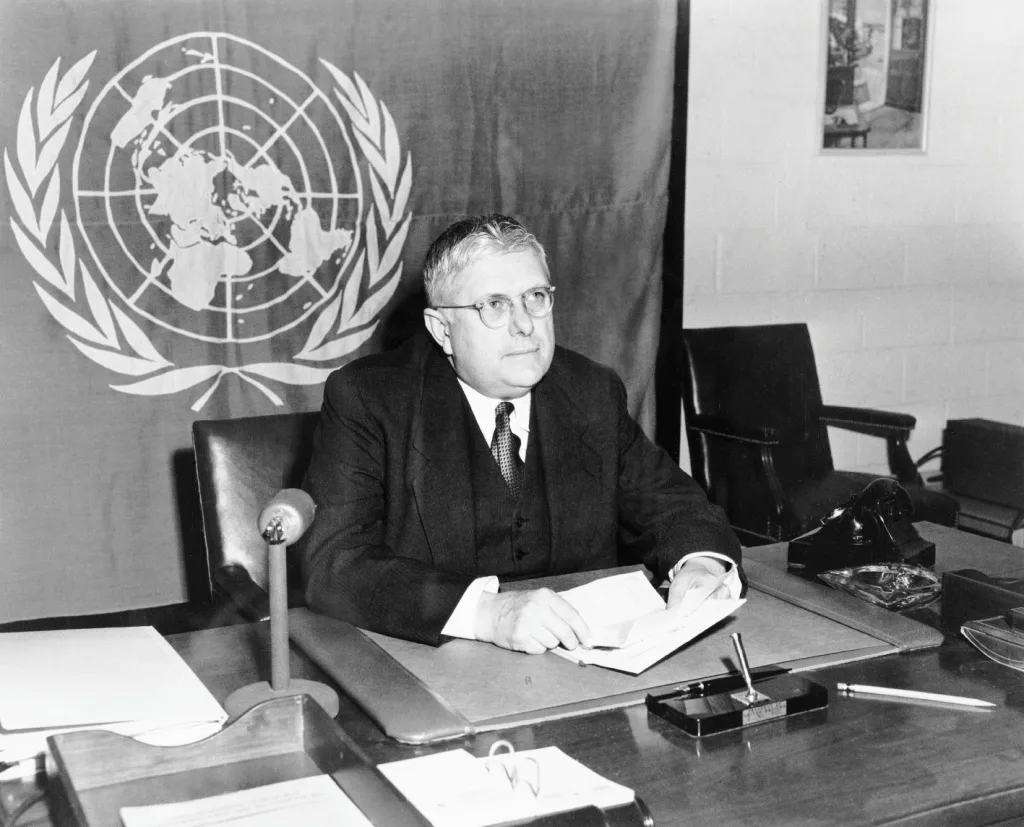
“I note that the Government recognises the enduring impact genocides continue to have today on people in our communities and the need for students to recognise the horrific nature of genocides … These are scars that are left on populations for generations and generations. It is very important that we recognise these genocides when they occur. “
Mr Buttigieg concluded by urging that we should recognise that genocide can occur in any nation and across any peoples, and should be called out for what it is and condemned, but recognised officially as an international war crime.
The Hon. Jacqui Munro (Liberal) noted that the definition of genocide in the convention means any of the following acts committed with intent to destroy, in whole or in part, a national, ethnical, racial or religious group, as such:
(a)Killing members of the group;
(b)Causing serious bodily or mental harm to members of the group;
(c)Deliberately inflicting on the group conditions of life calculated to bring about its physical destruction in whole or in part;
(d)Imposing measures intended to prevent births within the group;
(e)Forcibly transferring children of the group to another group.
The Liberal MP also noted that there are other acts which are punishable, including direct and public incitement to commit genocide, as part of the UN’s mandate and the demands of our international rules-based order.
Ms Munro stressed the importance of remembrance through institutions such as the Sydney Jewish Museum in Sydney – the Holocaust Museum – and that the same thing should be done with other genocides, including the Armenian, Assyrian and Greek genocides.
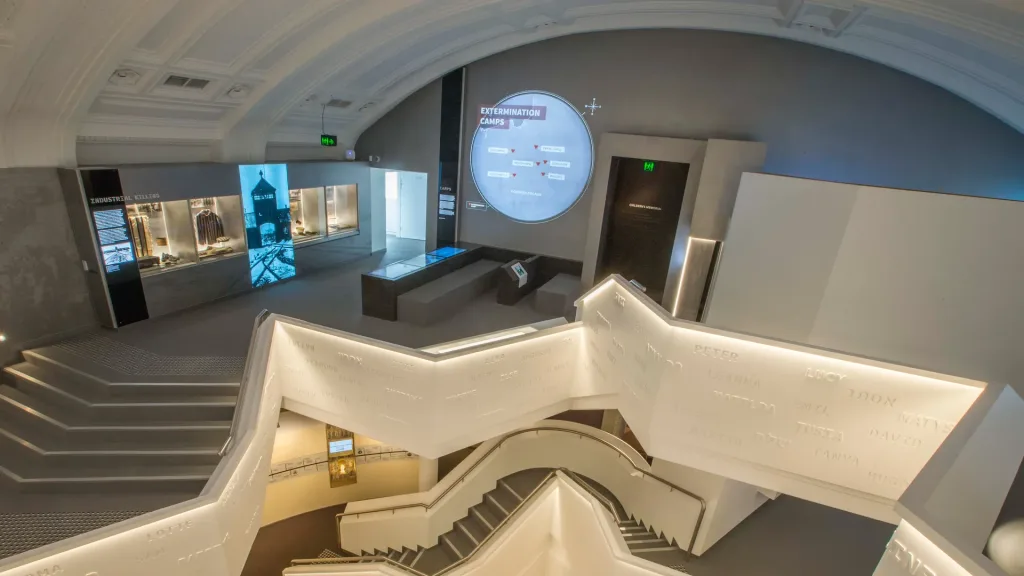
The NSW Parliamentary Secretary for Emergency Services, the Hon Anthony D’Adam, rose to inform the House that the timing of the motion was appropriate because of the events in Gaza but also to remind his parliamentary colleagues of the Rwandan genocide, the Bosnian genocide, the Tamil genocide and the Khmer genocide.
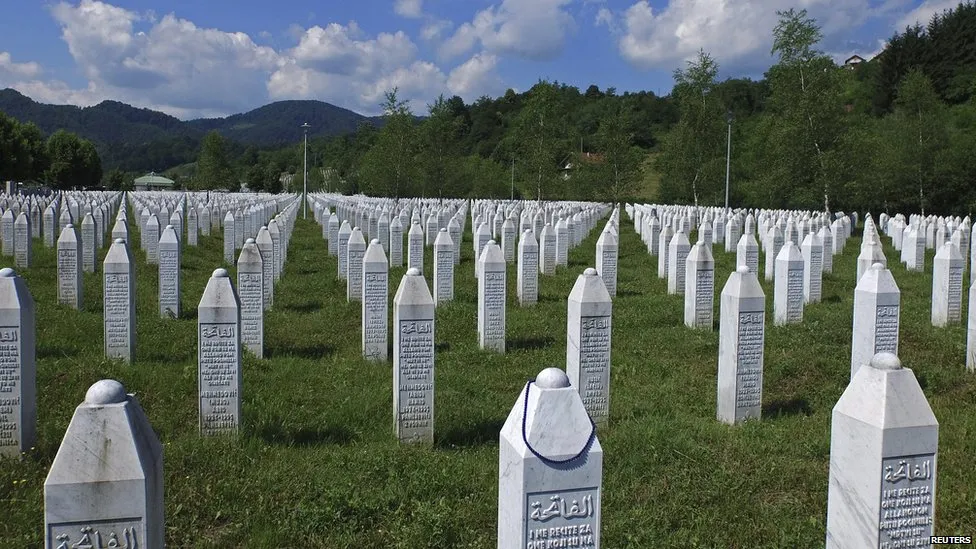
According to Mr D’Adam, the genocide convention is a landmark in the evolution of international law and a step to prevent the horrors that occurred during the Second World War, the Holocaust of the European Jewish community, from ever happening again. Unfortunately, the world has not heeded the cry of “never again”, as evidenced by the genocidal atrocities in Rwanda, Srebrenica in Bosnia and the Sri Lankan Tamil genocide.
The Parliamentary Secretary also reminded the House that there have been 28,000 deaths in Gaza and, noting the ICJ’s decision that found that Israel is at risk of perpetrating a genocide, stated that according to the Genocide Convention in order to liberate human kind from this scourge, international cooperation is required. According to Mr D’Adam, that means that when genocide is occurring countries like Australia and the rest of the world must take action to prevent it.
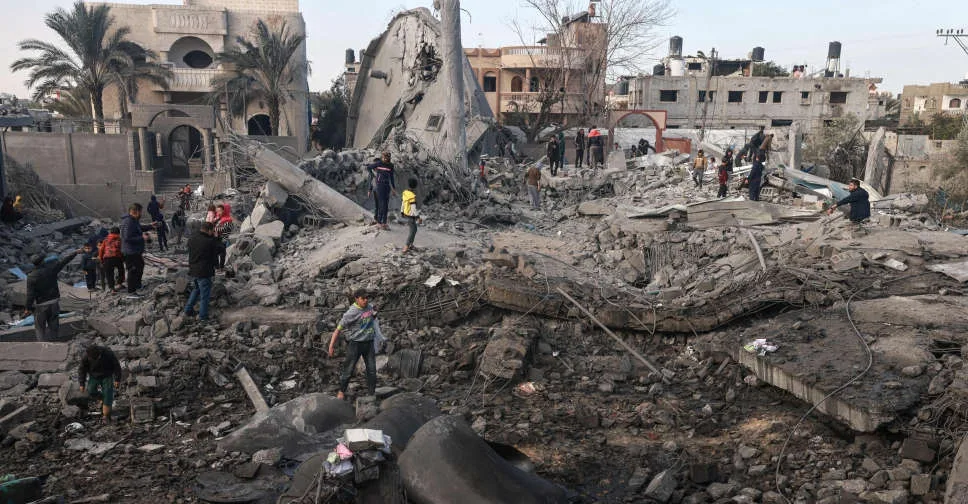
The final speaker to the motion, the Hon. Stephen Lawrence (Labor), who as a barrister once worked in the Occupied Palestinian Territories, declared that it is so important that we teach our children in our schools about the crime of genocide, not only as an expression of human solidarity but also in light of Australia’s own history. Mr Lawrence recalled that in 1938 the Australian Government’s chief delegate to a conference dealing with refugees from Nazi Germany incredulously told the conference that Australia was not desirous of importing a race problem by encouraging any scheme for large-scale foreign migration.
Mr Lawrence concluded saying that in the context of the motion for genocide recognition it is also important to reflect on contemporary events. He specifically referred to what he described as the “profoundly moving” judgment of the ICJ and noted that even the ad hoc judge appointed by the Israeli Government concurred with the court’s majority on the issue of provisional measures dealing with incitement to genocide. Whilst noting that the ICJ judgement was concerned with questions of prima facie evidence Mr Lawrence concluded that there is no real question that incitement to genocide has been occurring in Israel by persons of high authority, not to mention the broader question as to whether the mass civilian death in Gaza is, on allegation, a grave breach of international humanitarian law or genocide.
Those contemporary events speak to our common humanity.
In reply, Chris Rath thanked all members who contributed to this important debate, stating that it is incredibly important to acknowledge the Armenian, Assyrian and Greek genocides and to enshrine those genocides in curriculums.
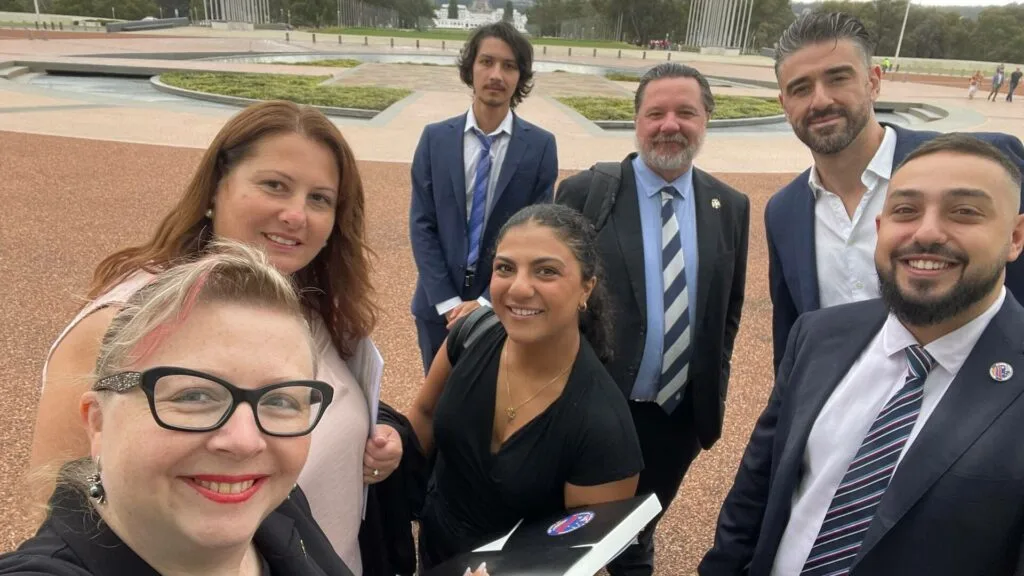
The catalyst for the motion, the Joint Justice Initiative, is a coalition of Armenian, Assyrian and Greek community groups in Australia that lobby for the recognition of these genocides. For a genocide denied is a genocide repeated.
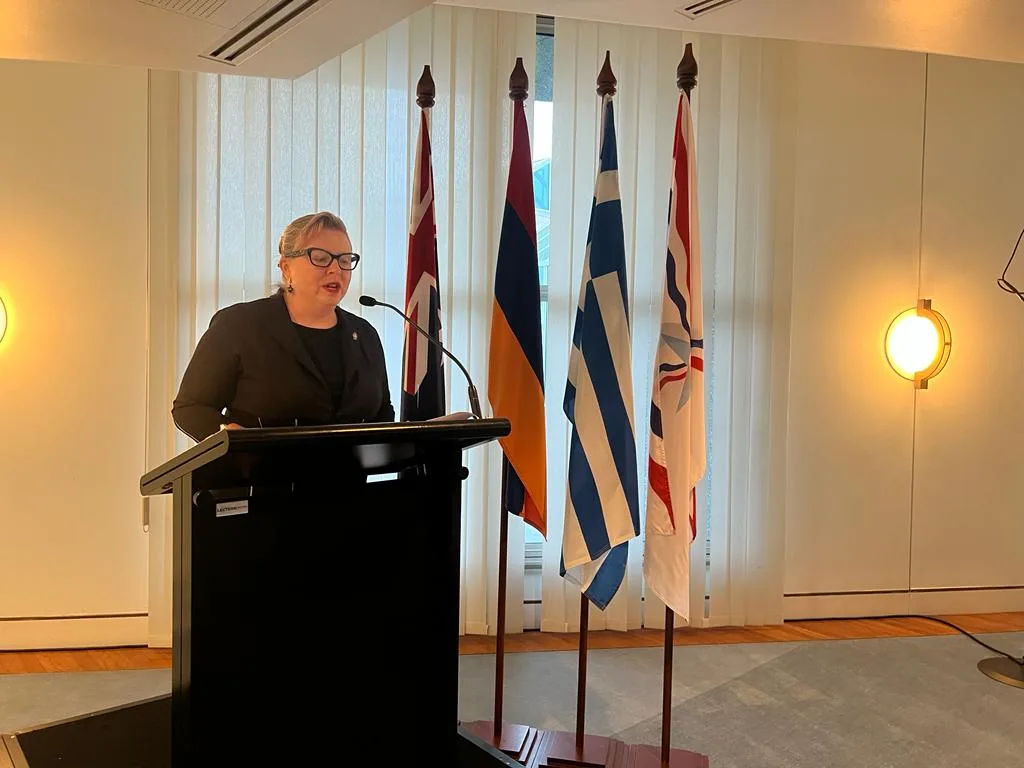
During the Joint Justice Advocacy Week in Parliament House in Canberra in early 2023, Associate Professor Dr Melanie O’Brien, president of the International Association of Genocide Scholars, and a leading genocide scholar, declared:
“It is crucial that Australia recognise the genocide of the indigenous Armenian, Assyrian and Hellenic populations of the Ottoman Empire by the Ottoman and Republican governments. It is important to acknowledge the reality of the crimes committed against the victims, survivors and their descendants – some of whom are Australian citizens – and to contribute to the prevention of future genocides.”
As the Lemkin Institute also reminds us, Raphael Lemkin’s broad vision of genocide prevention is a never-ending process of building peace through the rule of law, the historical recognition of victims, and scholarship and practice that is guided by an ethics of the human universal and involves de-escalating identity-based conflicts, working to dislodge deeply rooted conflicts, and building peaceful, inclusive, and just societies.
The NSW Legislative Council is to be congratulated for its forthright debate and unanimous support of the motion for genocide recognition. It is also a timely reminder of the need to recognise and educate about the unspeakable evils of all genocides and crimes against humanity, from the first genocides of the 20th century to the Holocaust and sadly continuing to the present day.
George Vardas is the Arts and Culture Editor of Greek City Times and is a member of the Multicultural NSW Advisory Board. He is also a member of the Joint Justice Initiative. The views expressed in this article are solely those of the author.
Related posts:
Views: 17
 RSS Feed
RSS Feed

















 February 13th, 2024
February 13th, 2024  Awake Goy
Awake Goy 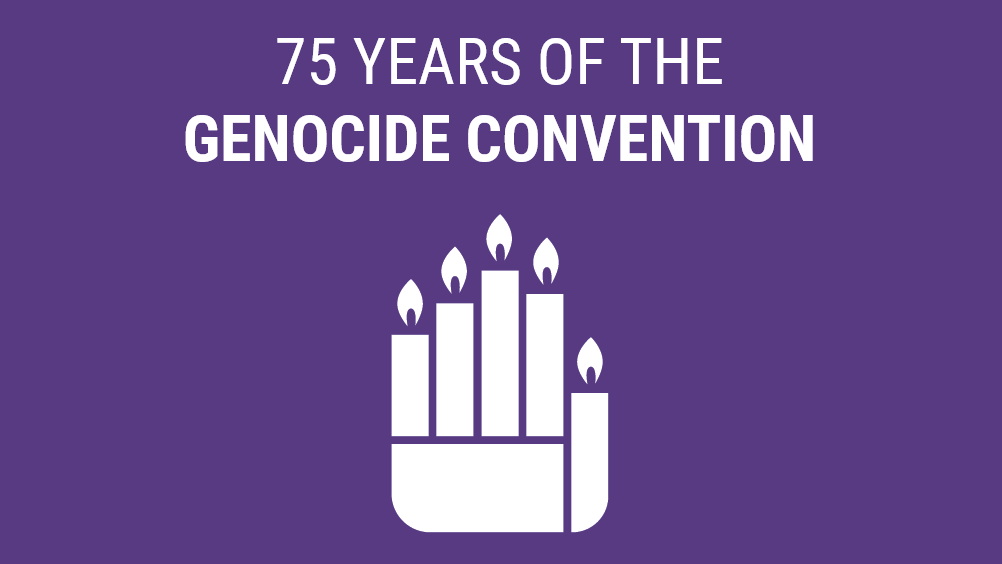
 Posted in
Posted in  Tags:
Tags: 
















